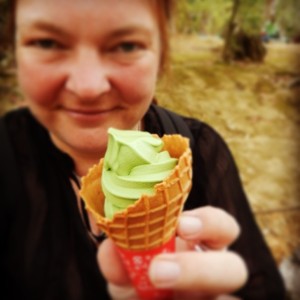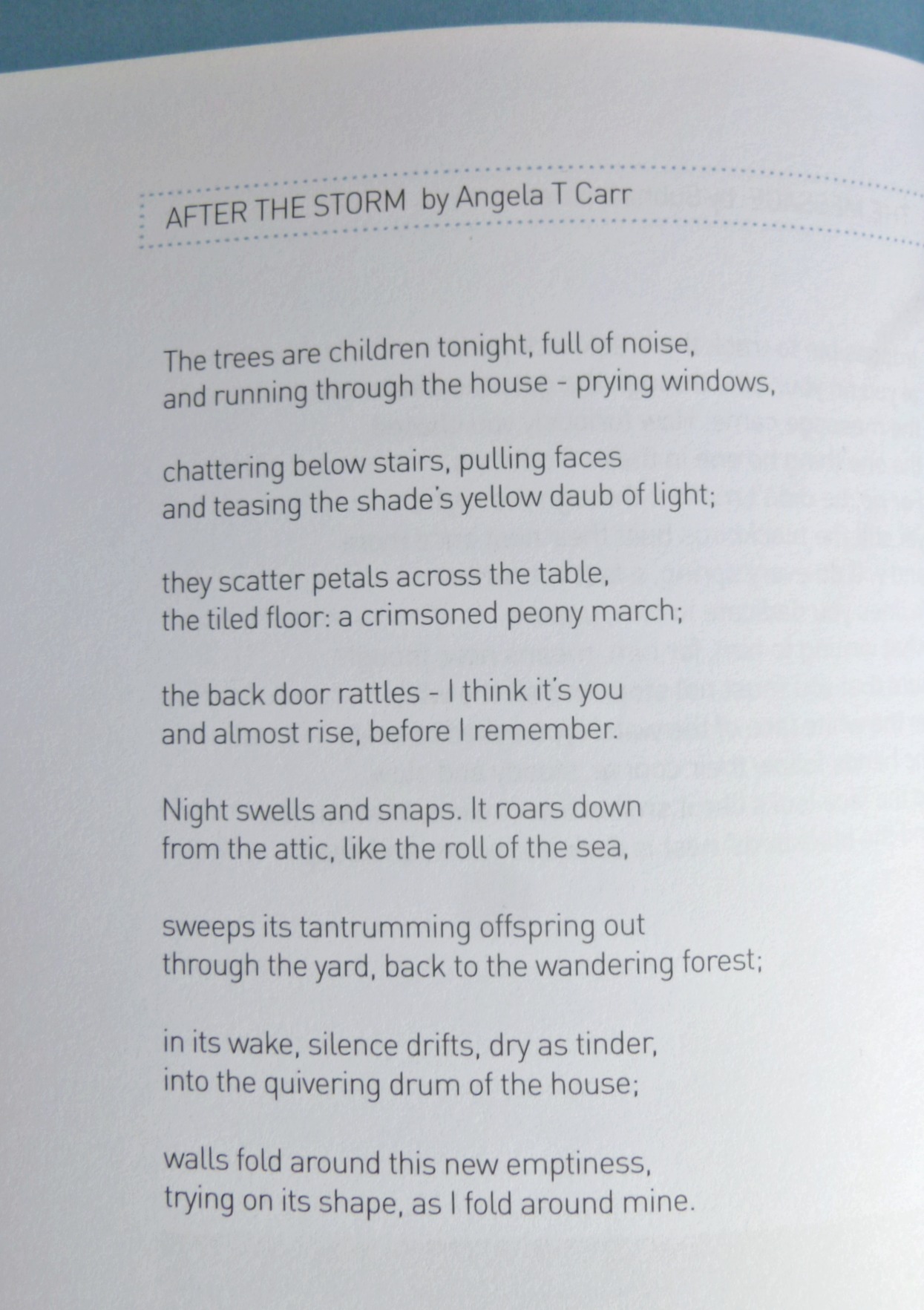Join me to peel back the thin veil between worlds and illuminate the darkness of the season. Shadowlands | Illuminate the Darkness is an all new 30-day Writing Challenge, inspired by Carl Jung’s Archetypes and the universal themes of storytelling, to help you put pen to paper every day in November.
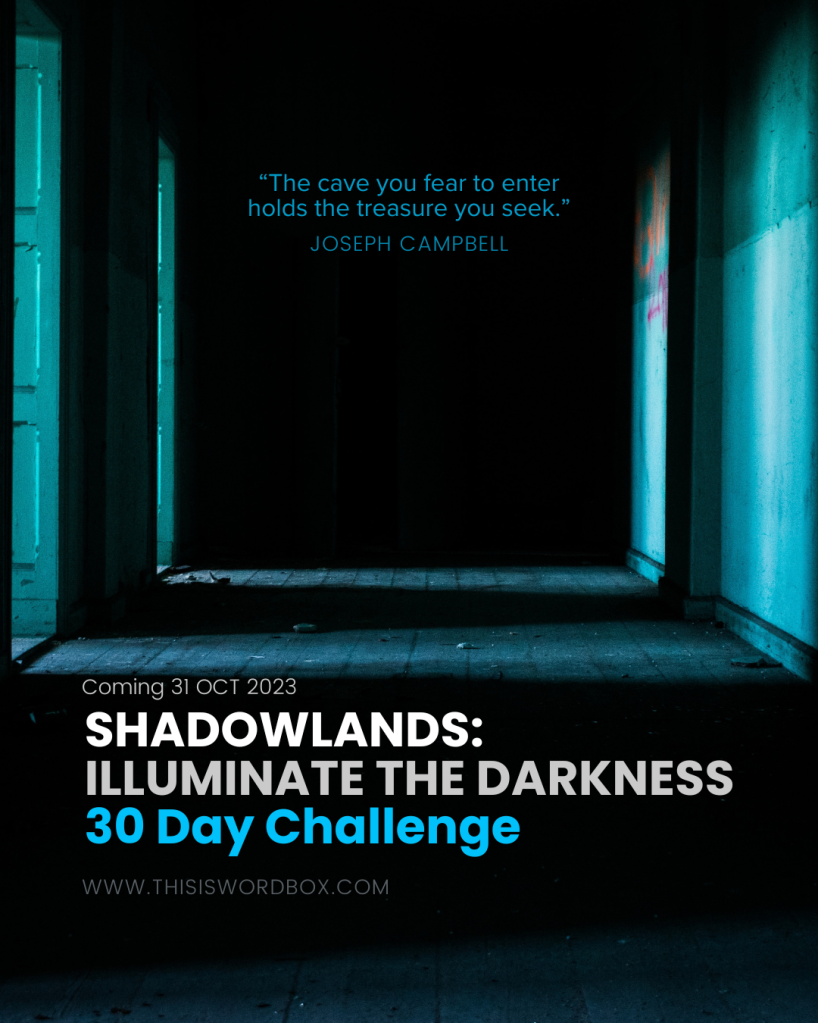
At the heart of all storytelling, there are narratives so deeply resonant of the shared human experience that we never tire of hearing them.
Plato described them as ‘forms of intuition’; Swiss psychologist Carl Jung called them Archetypes — a rich tapestry of patterns and symbols woven through the collective unconscious, offering a template for understanding human behaviour.
From Homer’s Odyssey to George Lucas’ Star Wars, we are endlessly enthralled by the exploits of these archetypes — The Hero, The Magician, The Innocent, The Mother, The Outlaw etc. — as they embark on hazardous quests and fall prey to the seductions of the Dark Side.
Join me this November to explore the universal themes of Jung’s archetypes and their legacy in literature, art and pop culture. Together, we will harness the power of opposites and learn to balance light and the dark in your own writing.
BENEFITS OF THE WRITING CHALLENGE:
- Make a daily commitment to your writing.
- Find new focus, inspiration and motivation.
- Embrace the blank page and quiet the voice of your inner critic.
- Experiment with fresh styles and subjects.
- Connect with a supportive community.
- Write at a time and a pace that suits you.
HOW DOES THE WRITING CHALLENGE WORK?
Each day you’ll receive an email with a writing prompt or creative task, example poems, writing tips plus oodles of inspiration. Set aside 15 minutes to free-write around the prompt or do the task. Don’t worry about whether it is good or bad; enjoy playing with ideas and trying something new.
If you enjoy working as part of a community, there is also a Facebook option, where you can post your piece, an extract or an update on how you’re getting on with the task. The group receives encouragement and support by reading and responding to each other’s work.
And in addition to the usual prompts, we’ll also welcome special guest Irish poet and writer, Eleanor Hooker, recipient of the Michael Hartnett Award 2022 and the Arts Council Markievicz Award 2021 — who’ll be reading from her latest collection ‘Of Ochre and Ash’ (Dedalus Press, 2021) and chatting about the work of poetry.
At the end of the Challenge, there’s an online group reading — an opportunity to share your work — which is open to everyone who has taken part.
WHO IS THE WRITING CHALLENGE SUITABLE FOR?
The 30 day writing events are designed to suit writers at all levels. Originally, they were created with the beginner or emerging writer in mind – the daily prompts are jam-packed with ideas to stimulate your imagination and get you writing each day.
However, we also have experienced writers who enjoy taking part in the challenges as a way to shift focus after working on other projects, to shake up their writing routine or to generate new project ideas.
The asynchronous nature of the challenge also makes it ideal for neurodivergent writers.
DO YOU OFFER DISCOUNTED RATES?
Yes, there are a number of free places available for low income and under-represented writers — click on the button below and go to the FAQs for more details. Scholarship applications are welcome until Friday 28 October 2023.
Or join my mailing list to receive early bird discounted access to writing events.
For more information and to book, click the button below.
All the details are at the link and if you have any questions, please drop me a line and I’ll be happy to help.
“The sole purpose of human existence is to kindle a light
Carl Jung
in the darkness of mere being.”

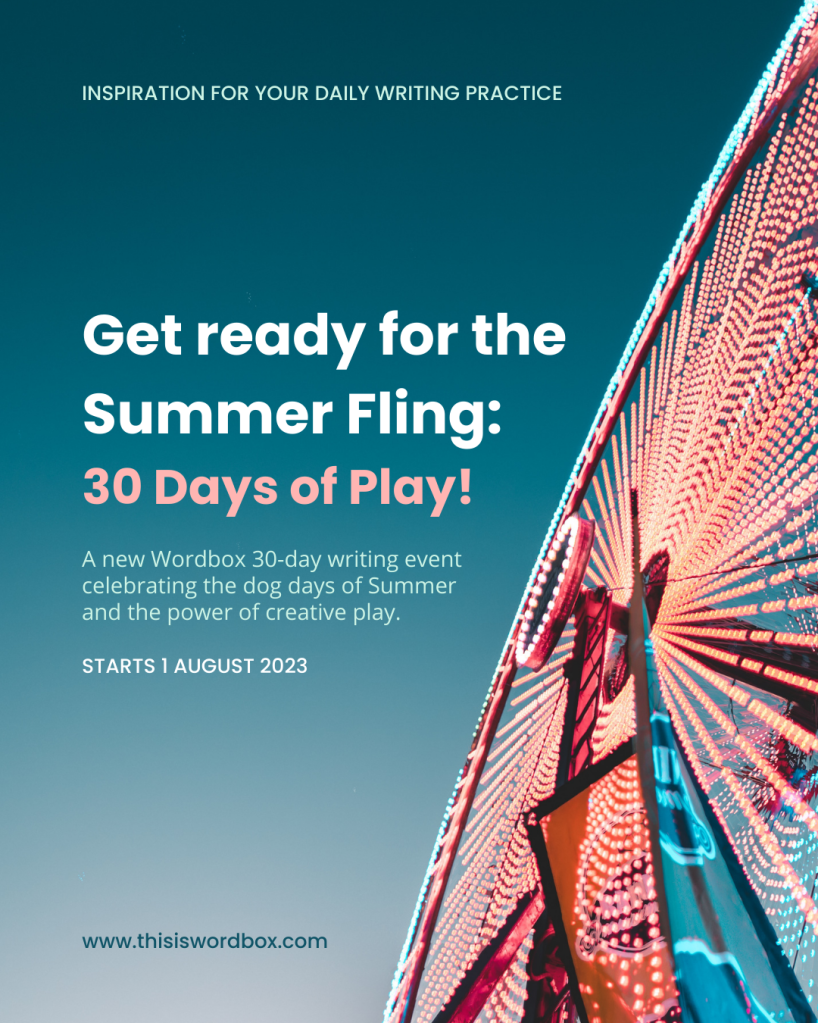
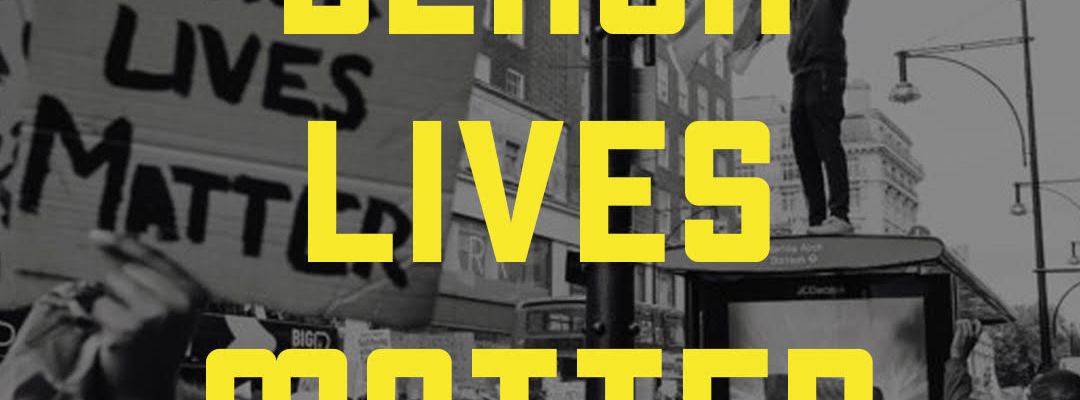
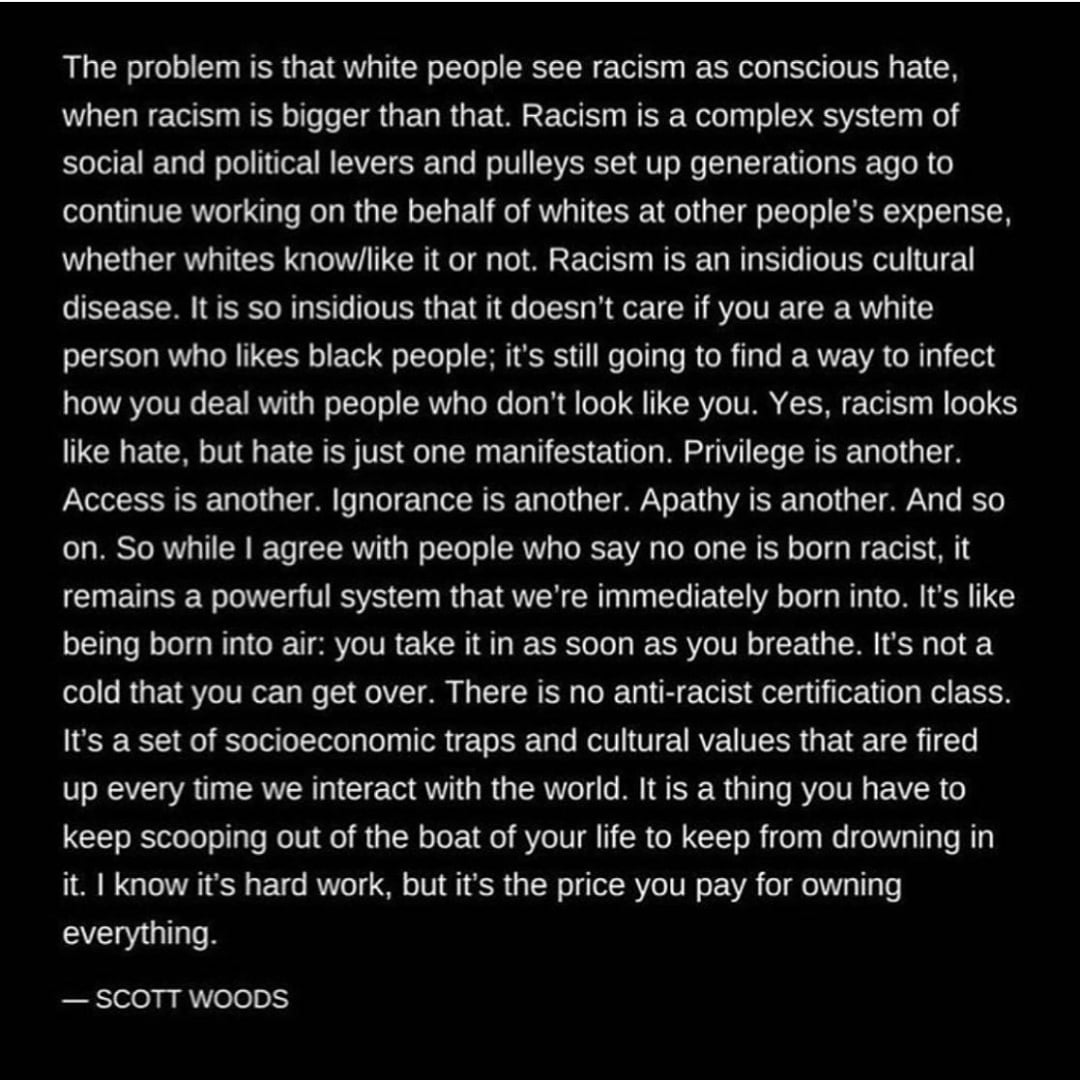



 1. On Writing – Stephen King
1. On Writing – Stephen King Probably the first book about writing I ever read – a stalwart companion of the beginner’s creative writing class – and still relevant 80 years after publication, so deservedly, a classic. Practical and inspirational, Brande is a gracious and encouraging tutor, using the writers of her period – Virgina Woolfe, E.M. Forster, Edith Wharton – to draw out the writer within. A great place for all aspiring writers to start, and to refer back to in establishing a writing practice.
Probably the first book about writing I ever read – a stalwart companion of the beginner’s creative writing class – and still relevant 80 years after publication, so deservedly, a classic. Practical and inspirational, Brande is a gracious and encouraging tutor, using the writers of her period – Virgina Woolfe, E.M. Forster, Edith Wharton – to draw out the writer within. A great place for all aspiring writers to start, and to refer back to in establishing a writing practice.





